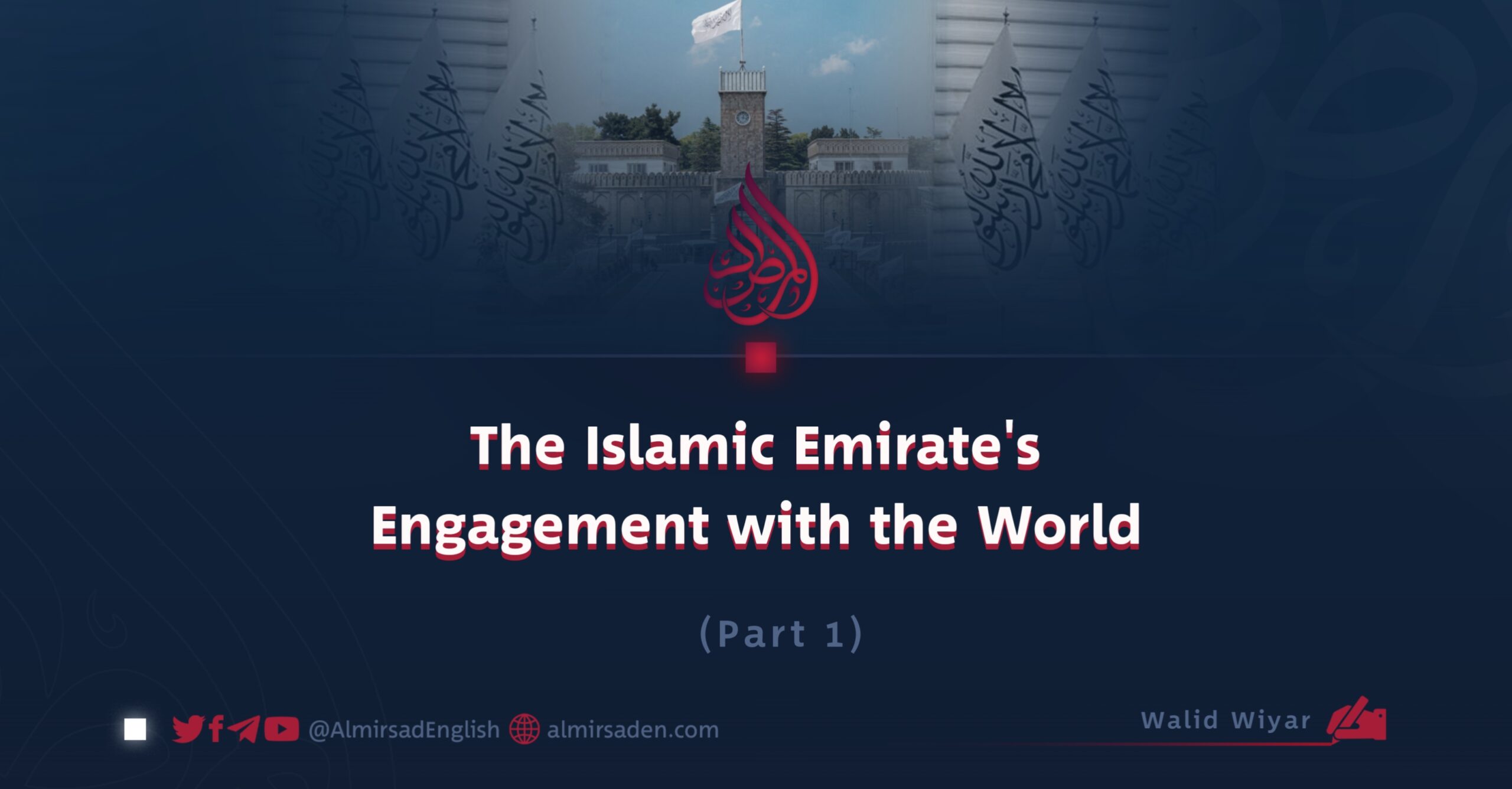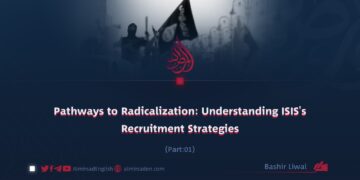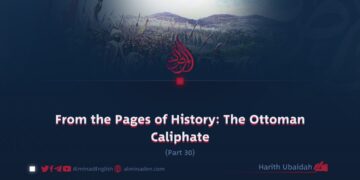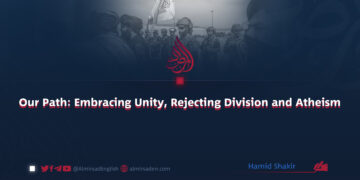Part 1
Author: Walid Wiyar
Since the outset of its struggle, the Islamic Emirate of Afghanistan (IEA) has not confined its efforts to domestic affairs alone in pursuit of its Sharia-based objectives. Rather, it has consistently maintained open channels of dialogue with the world, stemming from its conviction that foreign interference significantly contributed to Afghanistan’s prolonged instability. Through effective and principled diplomacy, the IEA has demonstrated that meaningful engagement is not only possible but also constructive—as a government rooted in its people, steadfast in its commitments, and enjoying broad-based national support.
The Islamic Emirate’s engagement with the world is firmly rooted in both Islamic principles and national values. Through its established political legitimacy, it has reassured numerous states that it neither seeks to interfere in the internal affairs of others nor will it allow Afghan soil to pose a threat to regional or global security. In return, the IEA expects others to learn from the failed interventions of NATO and the United States and to refrain from meddling in Afghanistan’s internal matters. Instead, it calls for political engagement built on the principles of mutual respect and sovereignty.
Over the past three and a half years of governance, the IEA has placed significant emphasis on internal stability and national reconstruction. It has implemented a range of development initiatives that have strengthened public support and secured what is now widely regarded as full domestic legitimacy. Nevertheless, the IEA’s foreign policy has not been neglected. On the contrary, it has maintained and expanded diplomatic relations with key global powers, including China and Russia—two of Asia’s foremost political and economic actors.
Diplomatic representatives of the IEA are actively stationed in both China and Russia, not only facilitating political engagement but also safeguarding Afghanistan’s economic and social interests and defending the rights of Afghan citizens abroad. A notable development in this diplomatic trajectory was India’s acceptance of a consular representative nominated by the IEA’s Ministry of Foreign Affairs—a step that received broad appreciation from Afghans across social platforms.
Meanwhile, several European nations have taken actions that implicitly acknowledge the legitimacy of the current system. Diplomatic personnel from the former republican era—many of whom were affiliated with the Jamiat Party and did not support the current government—have been dismissed and stripped of their credentials by host countries. These developments signal a gradual opening of diplomatic pathways to the IEA. It is increasingly plausible that the IEA’s political representatives may soon gain acceptance in international diplomatic centers such as New York and Geneva.
There remains no credible doubt regarding the IEA’s internal legitimacy. It represents the Afghan people, functions through a nationally supported mandate and budget, and has governed with consistency and resilience. Accordingly, the international community no longer holds a valid justification to withhold diplomatic recognition. Increasingly, states—even in the face of U.S. opposition—are acknowledging this reality and moving toward constructive political engagement with the IEA.
At this critical juncture, it is incumbent upon the international community—including the United Nations and the Organization of Islamic Cooperation—to recognize their responsibilities and refrain from isolating Afghanistan. The establishment of the IEA’s rule—following the historical victory of jihad against the Soviet Union—has prevented the resurgence of civil conflict and the repetition of international neglect. Instead, it has fostered security, improved regional relations, and established a unified, national, and representative system that benefits both Afghanistan and its neighbors.
Nations across the globe—particularly those in the Islamic world—must now acknowledge that the IEA is a system born of the people’s will. Over the past three years, it has neither yielded to foreign pressure nor posed any threat to regional or global security. With the help of Allah, this course will continue. The IEA remains committed to fostering balanced relations with neighboring countries, regional partners, and the wider international community, all in accordance with its Islamic principles and national interests.



















































